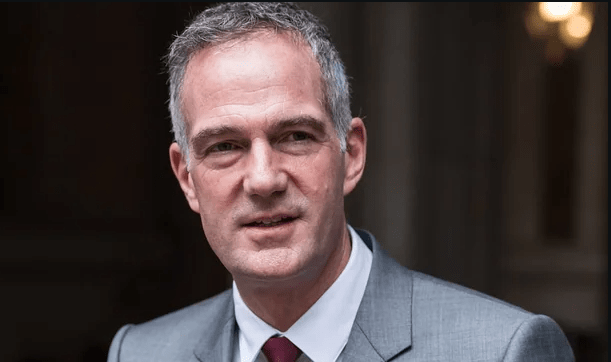In a significant move aimed at protecting children online, the UK Government is actively exploring the idea of enforcing social media curfews for young users. Technology Secretary Peter Kyle has hinted at a growing urgency to act, citing rising concerns over the impact of digital platforms on children’s wellbeing.
Mr Kyle revealed that he is closely monitoring TikTok’s recent introduction of a 10pm curfew for users under 16. The Government is now weighing the possibility of introducing similar restrictions more widely across other platforms.
“These are things I am looking at,” said Mr Kyle in an interview with the Daily Telegraph.
He added: “I’m not going to act on something that will have a profound impact on every single child in the country without making sure that the evidence supports it.”
The proposed measures come amid mounting fears that excessive screen time, particularly late at night, is affecting children’s sleep patterns, schooling, and family routines.
The Technology Secretary has also signalled his readiness to enforce stricter regulations under the newly implemented Online Safety Act. This legislation, which began rolling out last month, compels tech platforms to follow updated safety codes set by the watchdog Ofcom.
Mr Kyle welcomed the publication of the Children’s Code by Ofcom, describing it as a “sea change” in how online spaces should operate for younger audiences.
He added that parents could now expect their children’s online experiences to “look and feel different.” He also made it clear that he would not hesitate to back Ofcom in using its full range of powers—imposing fines or even criminal charges on tech companies that fall short.
The push for tighter rules comes in the wake of a stark warning from the Internet Watch Foundation (IWF). In its 2024 report, the IWF recorded 291,273 reports of child sexual abuse imagery—a worrying increase linked to new threats such as AI-generated abuse content, sextortion, and the malicious sharing of explicit images.
The organisation emphasised that under-18s are now facing a “crisis” of online exploitation.
To combat this, the IWF has launched a new tool called Image Intercept. This safety mechanism, made available free to smaller websites, scans and blocks any image from its extensive database of over 2.8 million marked as criminal content.
Derek Ray-Hill, the IWF’s interim chief executive, explained the importance of this technology: “Young people are facing rising threats online where they risk sexual exploitation, and where images and videos of that exploitation can spread like wildfire. New threats like AI and sexually coerced extortion are only making things more dangerous.”
He continued: “Many well-intentioned and responsible platforms do not have the resources to protect their sites against people who deliberately upload child sexual abuse material. That is why we have taken the initiative to help these operators create safer online spaces by providing a free-of-charge hash checking service that will identify known criminal content.”
As online threats evolve and multiply, the Government’s response signals a determined step toward safeguarding children in the digital age. With curfews, enhanced parental tools, and a new wave of technological enforcement, the UK may soon lead the way in responsible digital parenting. The message is clear: children’s safety online is no longer optional—it’s essential.






